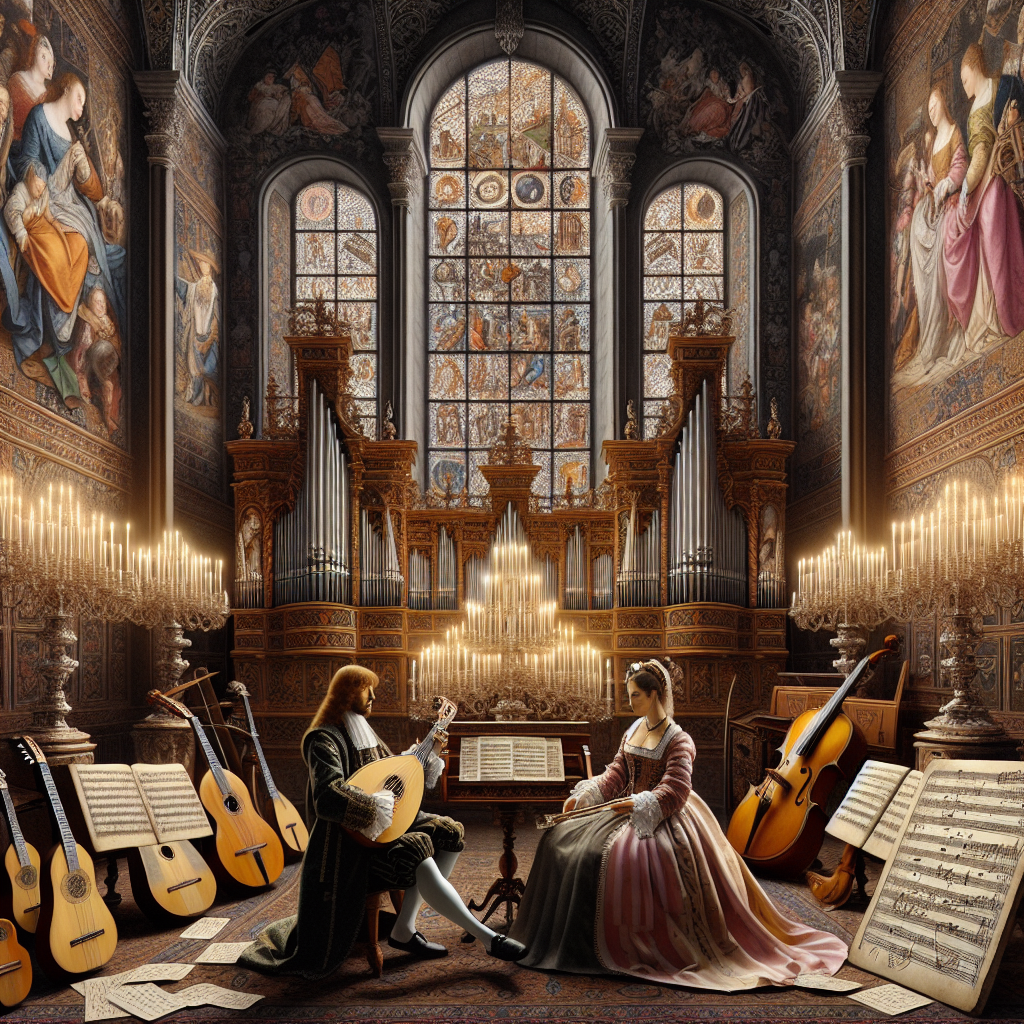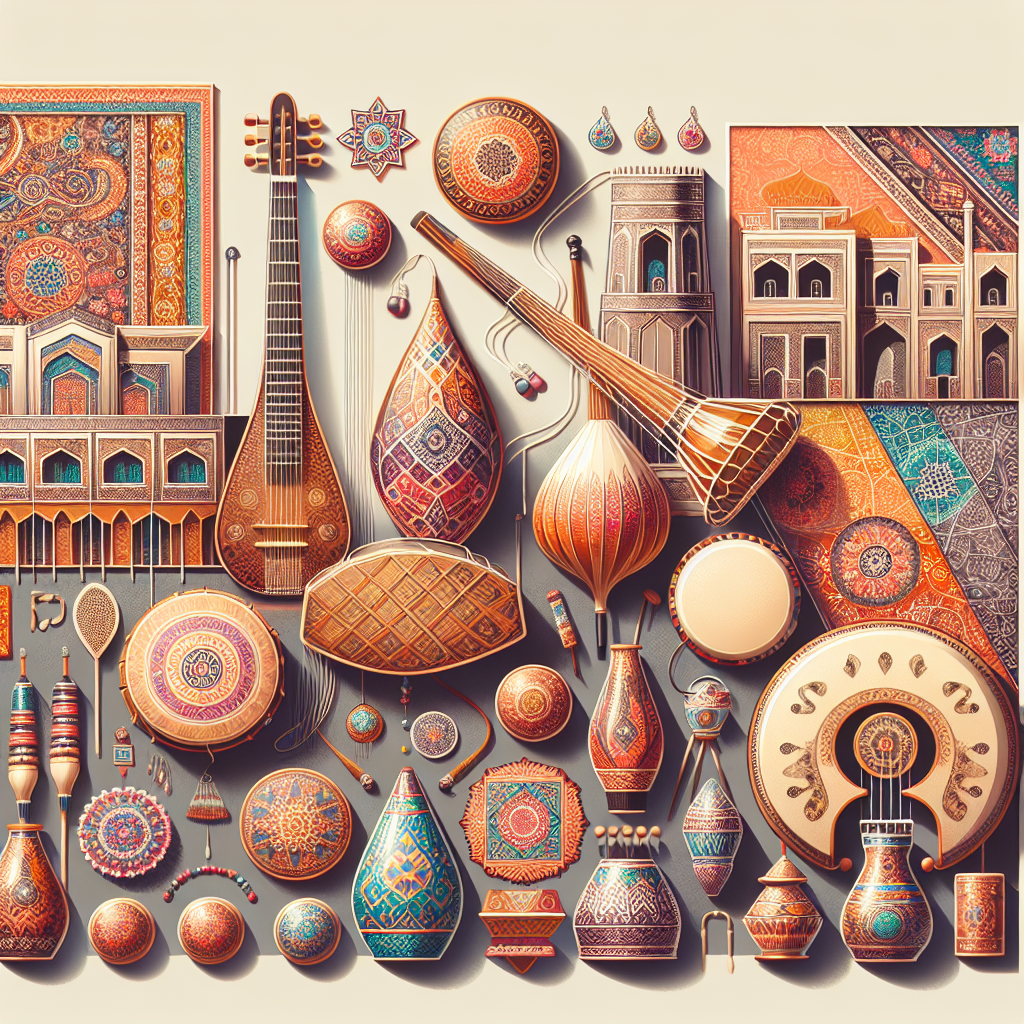Music is the universal language that speaks to the soul. Amongst all its genres, Romantic Classical Music holds a unique place. It captures an array of human emotions in such a way that, even centuries after its creation, it still manages to create a profound impact on listeners. But what is the driving force behind this genre? The answer is passion—intense passion recounted through the medium of music.
An Overview of Romantic Classical Music
Romantic Classical Music gets its name from the broader romanticism movement that dominated the 18th and 19th centuries. It was an era that marked transition from structured classicism to an era where individuals were encouraged to express their deepest emotions and commune with nature. And the music of this era reflected the same ethos. Compositions overflowed with profound feelings, aspirational themes, and celebrated the beauty in suffering and setbacks.
The Essence of Passion in Romantic Classical Music
The romantic era in music is often linked with intense emotional expression, primarily passion. Unlike other genres that may convey emotions subtly or indirectly, Romantic Classical Music is characterized by its direct and unambiguous communication of feelings. Love, joy, grief, despair, and eeriness—every sentiment and emotion is voiced and embraced freely and in a spirited manner. Music became a reflection and extension of the musician’s soul, fearlessly baring all its intricacies before listeners.
The passion in this genre of music is not just about romance. It’s about rage, joy, fear, and the feeling of belonging we all seek. It’s about the highs and lows of human existence, the search for meaning, and the innate need to engage with our surroundings. Romantic Classical Music not only magnifies these sentiments but also elegantly communicates them through beautiful melodic lines, harmonies, and intricate orchestrations.
Iconic Composers and Their Passionate Compositions
The Romantic era produced numerous composers whose works not only epitomized but also transformed the genre. Composers such as Beethoven, Schubert, Brahms, Berlioz, and Tchaikovsky gave voice to their passion through their iconic compositions.
Take Beethoven’s Symphony No. 9, for instance, a work marked by its emotional depth and spectacular scope. Or Tchaikovsky’s “Romeo and Juliet,” a heart-wrenching tale of love encapsulated in moving melodies and poignant orchestrations. These compositions and others alike not only underscore the passion inherent in Romantic Classical Music but also demonstrate how the genre has shaped the landscape of music as we know it today.
Conclusion
Passion fuels the spirit of Romantic Classical Music and makes it a conduit to explore and express the full spectrum of human emotions. The genre’s insistence on deep emotional expression has generated some of the most enduring and beloved pieces in the classical music canon, establishing an everlasting bond between the composers and the listeners. Classical music of the Romantic era stands as a testament to the power of passion in shaping music, influencing cultures, and touching souls.
Frequently Asked Questions
1. Why is it called “Romantic” Classical Music?
It’s called “Romantic” due to its association with the Romanticism movement, an artistic and intellectual movement in Europe in the 18th and 19th centuries that celebrated emotion, nature, and the individual.
2. How is Romantic music different from Classical music?
Romantic music is more focused on emotion and personal expression, while Classical music is generally more formal and structured.
3. Who are some famous Romantic composers?
Ludwig van Beethoven, Franz Schubert, Johannes Brahms, Hector Berlioz, and Pyotr Ilyich Tchaikovsky are just a few of many famous Romantic composers.
4. Is Romantic Classical Music still popular today?
Yes, it’s still very much appreciated by classical music lovers today. The works of composers from this era continue to be performed regularly at concerts around the world.
5. How does Romantic music express emotion?
Romantic music uses a wide range of dynamics, distinct melodies, and expressive harmonies to communicate emotion. It’s often characterized by its use of dramatic contrasts to express different feelings within the same piece.




